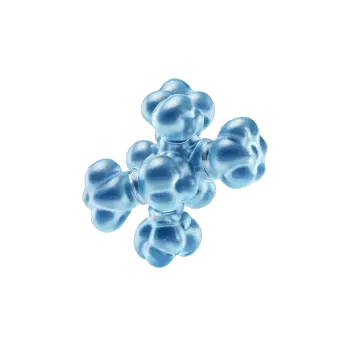What is PSA, prostate-specific antigen
PSA stands for prostate-specific antigen and is a protein substance, an enzyme, that both sick and healthy men naturally have in their bodies. The production of PSA takes place in the prostate gland, some of the produced PSA leaks into the blood, which means that even perfectly healthy men can also have small amounts of PSA in the blood.
What can an elevated PSA value in the blood mean?
In prostate cancer, the levels of PSA in the blood increase, which happens because the cancer breaks down the prostate tissue, which in turn causes more PSA to leak into the blood.
PSA limit value
PSA limit value according to the Swedish national care program for prostate cancer:
- 3 micrograms per liter for men under 70
- 5 micrograms per liter for men between 70 and 80
- 7 micrograms per liter for men over 80.
Symptoms of prostate cancer
Symptoms of prostate cancer may be one or more of the following:
- increased toilet visits (urine)
- urine lingers when you try to pee
- weak stream of urine
- blood in the urine.
These symptoms can also have other causes than prostate cancer, such as a benign enlargement of the prostate gland, which is common in people over 60.
If prostate cancer has spread, other symptoms such as bone pain without injury or fatigue and loss of appetite may occur.





















